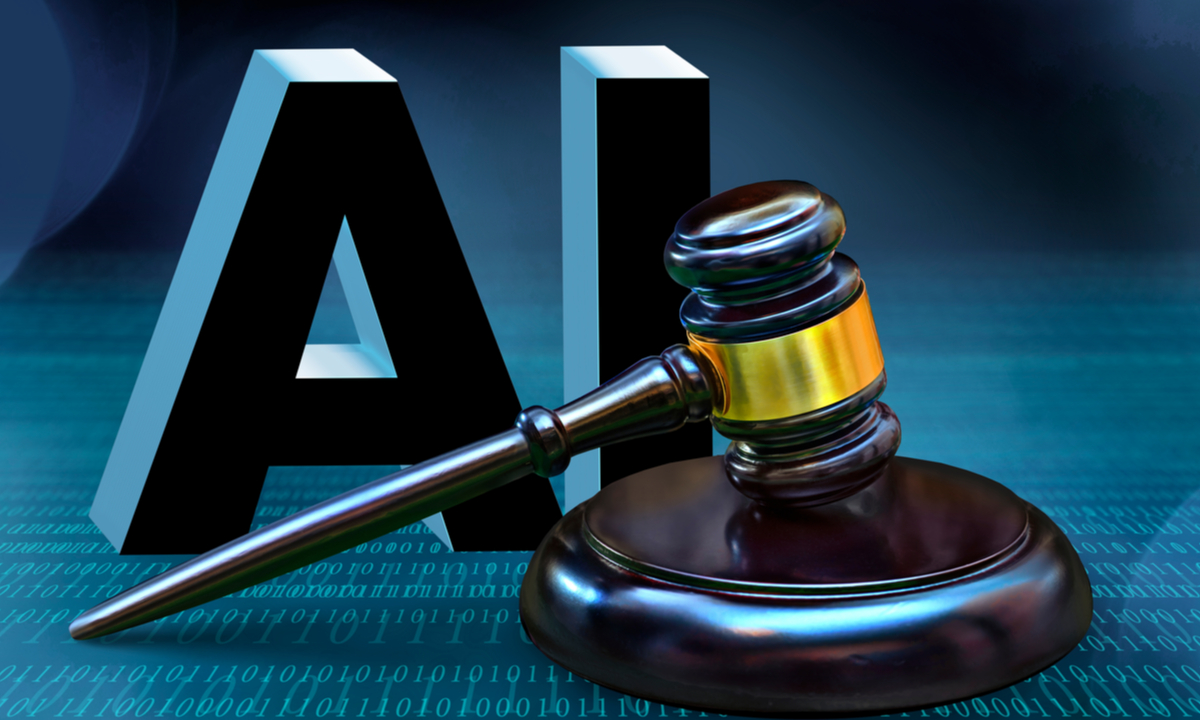
France, Germany, and Italy have solidified their stance on the regulation of artificial intelligence (AI), aiming to shape a united front in negotiations at the European level. A joint paper, obtained by Reuters, reveals the trio’s consensus on key principles that are expected to accelerate discussions within the European Commission, the European Parliament, and the EU Council.
The central theme of the agreement revolves around advocating for “mandatory self-regulation through codes of conduct” specifically for foundation models of AI, which are designed to generate a diverse range of outputs. The governments, however, are vocal in their opposition to what they term as “un-tested norms,” emphasizing the need for a balanced and practical approach.
The joint paper underlines a crucial distinction, stating, “Together we underline that the AI Act regulates the application of AI and not the technology as such. The inherent risks lie in the application of AI systems rather than in the technology itself.” This perspective aligns with the broader sentiment that responsible AI use is the key focus, rather than stifling technological innovation.
Read more: Generative AI Tools At Center Of New Regulation
According to the proposed regulations, developers of foundation models would be required to create “model cards” that furnish essential information about a machine learning model. These model cards are intended to include comprehensive details about the model’s functionality, capabilities, and limitations. The guidelines for developing model cards are rooted in best practices within the developer community, ensuring a standardized and transparent approach.
The joint paper also suggests the establishment of an AI governance body, tasked with developing guidelines and overseeing the application of model cards. This body could play a pivotal role in ensuring adherence to ethical standards and best practices in the rapidly evolving field of AI.
As negotiations continue within the European Union, the shared position of France, Germany, and Italy is poised to influence the direction of AI regulation, emphasizing a pragmatic and application-focused approach rather than restrictive measures targeting the technology itself. The trio’s collaborative effort marks a significant step towards a harmonized European stance on AI governance.
Source: Reuters
Featured News
Big Tech Braces for Potential Changes Under a Second Trump Presidency
Nov 6, 2024 by
CPI
Trump’s Potential Shift in US Antitrust Policy Raises Questions for Big Tech and Mergers
Nov 6, 2024 by
CPI
EU Set to Fine Apple in First Major Enforcement of Digital Markets Act
Nov 5, 2024 by
CPI
Six Indicted in Federal Bid-Rigging Schemes Involving Government IT Contracts
Nov 5, 2024 by
CPI
Ireland Secures First €3 Billion Apple Tax Payment, Boosting Exchequer Funds
Nov 5, 2024 by
CPI
Antitrust Mix by CPI
Antitrust Chronicle® – Remedies Revisited
Oct 30, 2024 by
CPI
Fixing the Fix: Updating Policy on Merger Remedies
Oct 30, 2024 by
CPI
Methodology Matters: The 2017 FTC Remedies Study
Oct 30, 2024 by
CPI
U.S. v. AT&T: Five Lessons for Vertical Merger Enforcement
Oct 30, 2024 by
CPI
The Search for Antitrust Remedies in Tech Leads Beyond Antitrust
Oct 30, 2024 by
CPI